Kenya cheetah safari
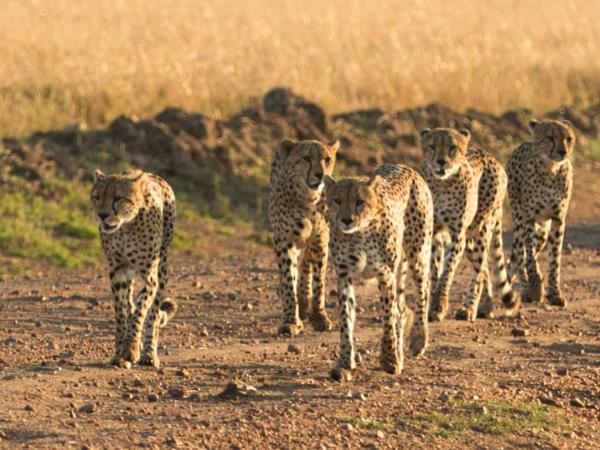
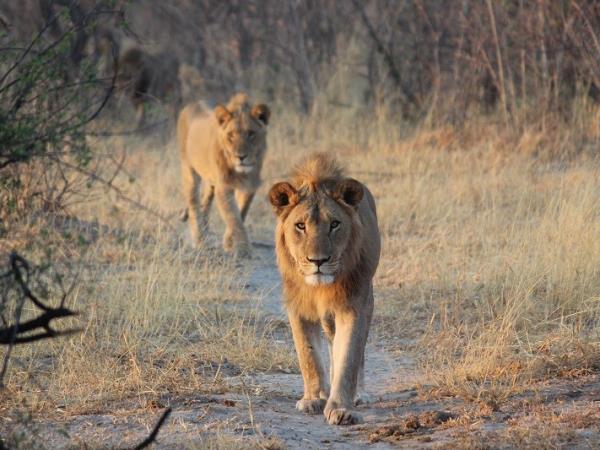
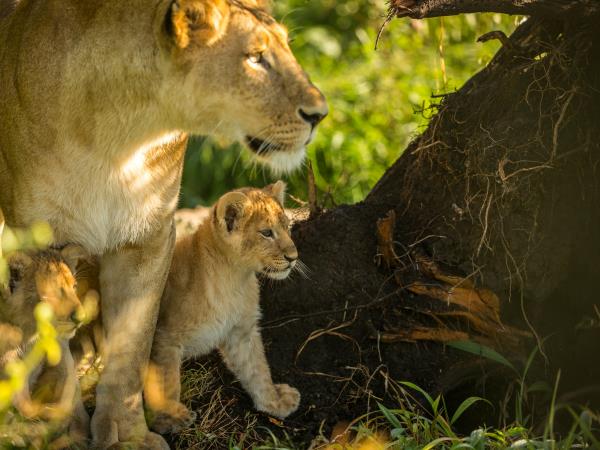
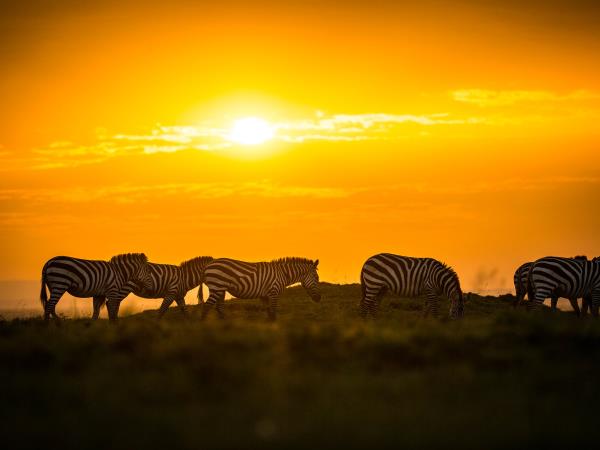
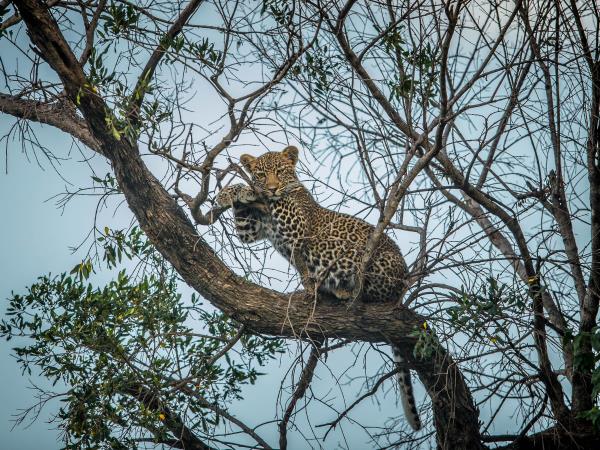
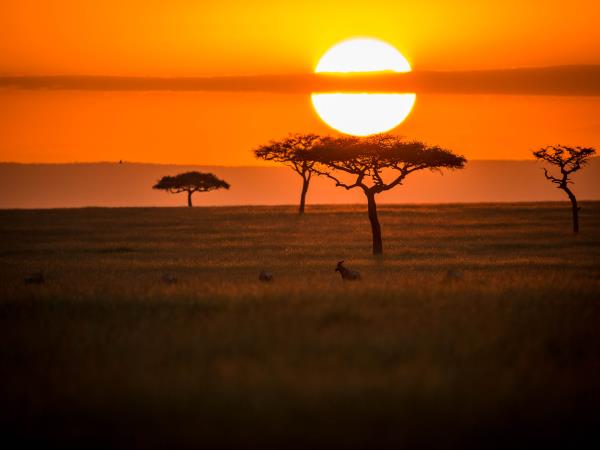
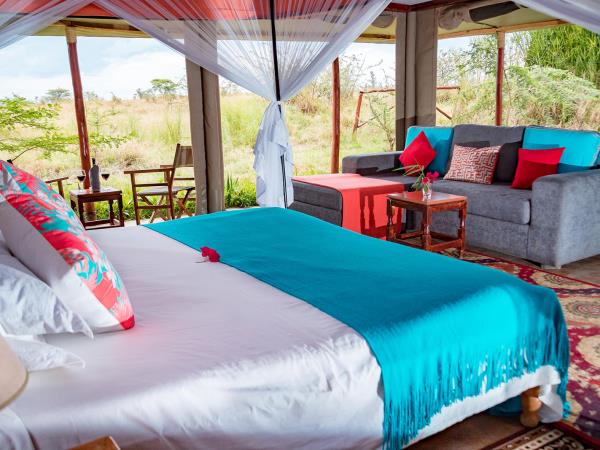
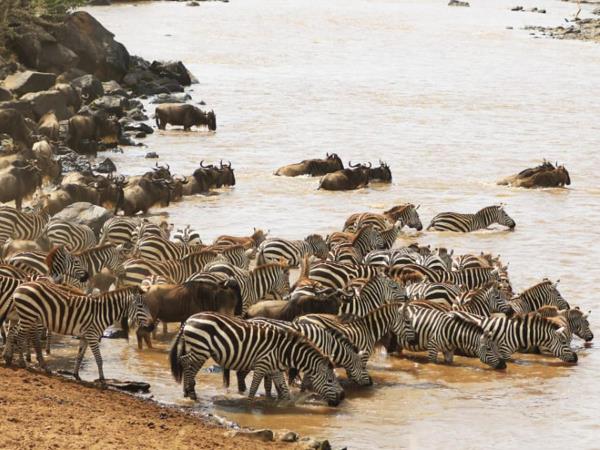
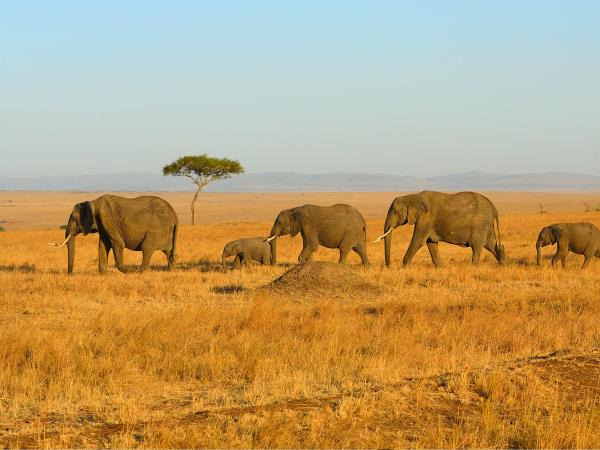
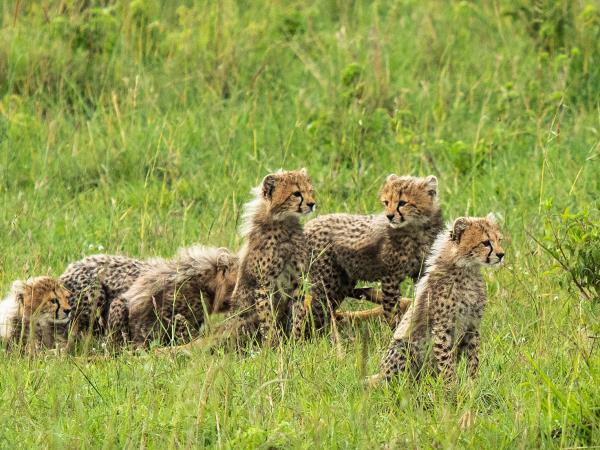
Description of Kenya cheetah safari
For those looking for a slightly different tour, which takes in the stunning views of Mount Kenya, featuring Ol Pejeta Conservancy, the glorious and world-renowned Masai Mara Reserve and the fresh water Lake Naivasha, this road safari makes the ideal choice. It offers optimum game-viewing options, and the opportunity to view ‘The Big Five’ against a vivid selection of exceptionally varied backdrops.
Supreme comfort and adventure combine again at Sweetwaters Tented Camp in the private Ol Pejeta Conservancy on the plains of Mount Kenya, where your luxury tent offers a private veranda overlooking the wildlife magnet of a water hole.
The Lake Naivasha Sopa Lodge, meanwhile, sits amid lush grassland on the shores of one of Africa's most beautiful and mysterious lakes. Legends cling to waters with no visible source – and a submerged volcanic crater above which float strange islands of Nile cabbage (water hyacinth) and papyrus. Sit on its shores and watch hippos and superb bird life, including fish eagles.
Your tour concludes amid the rolling grasslands, meandering rivers and towering escarpments of the justly renowned Masai Mara National Reserve, where game drives will bring you up close to what has been called ‘the greatest wildlife show on earth’.
Check dates
2025: 12 Jan, 19 Jan, 2 Feb, 16 Feb, 2 Mar, 16 Mar, 6 Apr, 11 May, 1 Jun, 6 Jul, 13 Jul, 20 Jul, 3 Aug, 17 Aug, 24 Aug, 14 Sep, 21 Sep, 28 Sep, 5 Oct, 12 Oct, 9 Nov, 16 Nov, 7 Dec, 14 Dec
Travel guides
Reviews
2 Reviews of Kenya cheetah safari
Reviewed on 18 Aug 2018 by Merle Celine-Muller
1. What was the most memorable or exciting part of your holiday?
Witnessing a cheetah kill for her 4 cubs!!! Witnessing lions eating their fill having just missed the kill!!!
2. What tips would you give other travellers booking this holiday?
Perhaps book a trip that is slightly longer affording more than 1 night in some camps...?
3. Did you feel that your holiday benefited local people, reduced environmental impacts or supported conservation?
yes, if you chose to donate or 'adopt' ...
4. Finally, how would you rate your holiday overall?
We loved it, wished we could have stayed 2 nights in each camp as there was so much driving between camps which allowed very little time to enjoy the camp
and relax... a bit of down time...
Reviewed on 16 Oct 2018 by Nicholas Ward
1. What was the most memorable or exciting part of your holiday?
Big cats!! Also, huge numbers of Wildebeest and Zebras yet to migrate. An incredible sight
2. What tips would you give other travellers booking this holiday?
Be ready for some long travelling days. Also, some large and impersonal lodges which, while luxurious, are hardly atmospheric. Also, the first day was
somewhat marred by the Africa Horizons rep not making herself visible at the airport so I had to take a taxi, who then (accidently) drove off from the hotel
with one of my bags. I got it back, but cursed myself for believing the hotel staff who were very keen for me to believe they had all my luggage safely in the
hotel. Keep a close eye on your stuff and make sure it's where it's supposed to be!
3. Did you feel that your holiday benefited local people, reduced environmental impacts or supported conservation?
Benefit to local people really consisited of jobs in the various lodges. Support of conservation; well, we paid our park entrance fees which guess goes a long
way. One obvious and avoidable downside of this trip was the use throughout of half litre water bottles which was very disappointing, and not 'Responsible' in
this day and age! Other safaris I've been on have supplied water from 5 litre containers which at least reduces the amount of plastic used. Or how about the
safari vehicles being fitted with drinking water tanks, such as used in motorhomes?
4. Finally, how would you rate your holiday overall?
Good, although the itinerary meant there was a lot of time spent on the road. Samburu and the Mara are obvious 'must see' places, but either of the other two
locations could have easily been left out to cut road miles and give an extra day at one of the more interesting places.
Read the operator's response here:
Many thanks for your feedback received via Responsible Travel's website. Following your comments, we have liaised with the suppliers in Kenya, and are amending the trip description to reflect the journey times involved. Thank you for bringing this to our attention.
Our ground team were concerned not to meet you at the airport on arrival, and contacted us then: they were paging you and waiting with other guests who had disembarked the same flight as you: we asked them to wait as often clients are held up with customs or baggage, but they then advised that you had taken a taxi to the hotel. Our ground team did then follow up to trace your bag and paid for your taxi, and I cannot explain how the Rep missed you (or you her), but can only apologize: we had made it clear in your introductory letter that you were being met on arrival.
Progress on environmentally friendly practices is slow in Kenya: though the country has introduced a ban on plastic bags. I will certainly send your comments back to the Safari Operator regarding the use of small plastic water bottles.
Unfortunately the reality of getting from one end of Kenya to the other: Samburu in the north, and the Mara in the south, requires an overnight in either direction to relieve the driver: these are long distances, but the journey times by road would not be shorter by cutting out the overnights in both directions, and would mean illegal drive times for the driver. For clients looking to combine these two locations but not undertake the long road journeys, we would usually recommend a fly in trip: but this trip type obviously comes at a higher cost and is not part of the small group trips programme which you took.
Again, thank you for your comments, which we value and feed back to our operators on the ground.
Sharon Holmes
Director
Responsible Travel
Planet
In terms of its own ecological ‘foot' print, the Kenyan camps abide by a code of responsible practice in relation to: energy conservation (inverter systems have recently been installed so as to reduce the camp's use of diesel-fuelled generators), waste recycling (glass, plastics, ‘wet waste' and the distribution of food-waste to local pig-farmers), sewage disposal, air emissions, non-CFC use, pesticide-use, noise reduction and visual pollution.Wherever possible, local produce is featured on the menus. A tree-nursery is run, supplying over 30,000 seedlings to the local community. Working with local schools and other bodies to encourage tree-planting within the area, we also arrange tree-planting activities amongst our own staff and guests.Tents are thatched using sustainably harvested local grass and using traditional methods and local workers.
The company that owns the camps takes pro-active steps to ensure the properties and tourism activities are run in an environmentally responsible manner. This is important in protecting the fragile ecosystems in which they operate and that wildlife and local people rely upon for their survival.
Guests are informed about the various conservation projects that occur in this region and the impact on wildlife is assisted by limiting the number of vehicles around a sighting in the private conservancies.
People
The Kenyan camps host a number of eco-programmes, all of which are designed to support and sustain the natural and human community of which we are a part and provide an eco-friendly tourist destination. Such programmes vary according to need, but presently they are as follows: Subsidized medical care to the local community - particularly in relation to maternal care and child-immunization; also in relation to HIV/AIDS sensitization. An out-reach programme is operated to the orphanages of the area which allows for visits from staff, the provision of funds, the hosting of seasonal events and the provision of clothing and foodstuffs. The camp works closely with the local Ereri Multi-Cultural Community Manyatta, in the promotion of cultural dance, music, traditional practices and in the promotion of local handicrafts.Both temporary and permanent jobs are created for the local community, together with training and work-exposure programmes for school leavers.
We encourage interface between our guests and the local villages - hosting tours and promoting the sale of handicraft items.
We showcase cultural dance, costume, singing and cultural craft as part of our corporate undertaking to support and sustain the cultural heritage of our nation. We work with a number of local schools, both by providing educational materials and by hosting environmental training sessions for the pupils.
Local community members are employed, with good working conditions, training opportunities, prospects for the future and a fair wage.
Popular similar holidays
Kenya safari and Zanzibar beach holiday
From £5500 13 days including domestic flights only
Safari in the Masai Mara & paradise beaches on Zanzibar
9 day safari in Kenya
From US $5465 - US $7165 9 days excluding flights
Journey through the Masai Mara & enjoy an exceptional safari
Kenya family holiday
From £3750 - £5500 12 days excluding flights
A fabulous family holiday including the best of Kenya


















